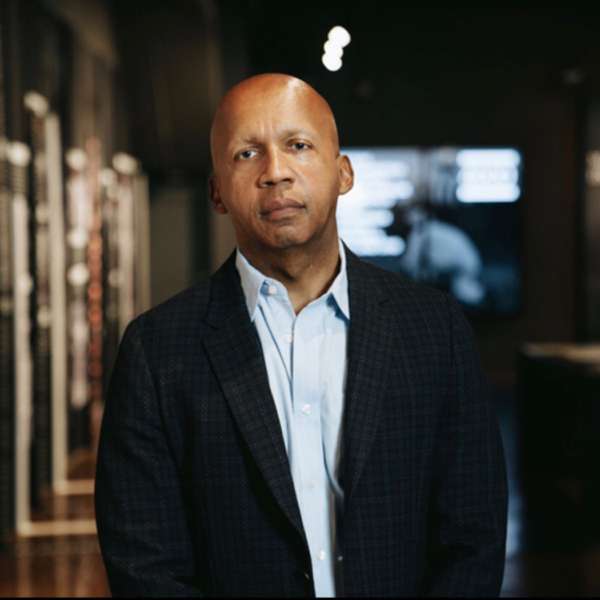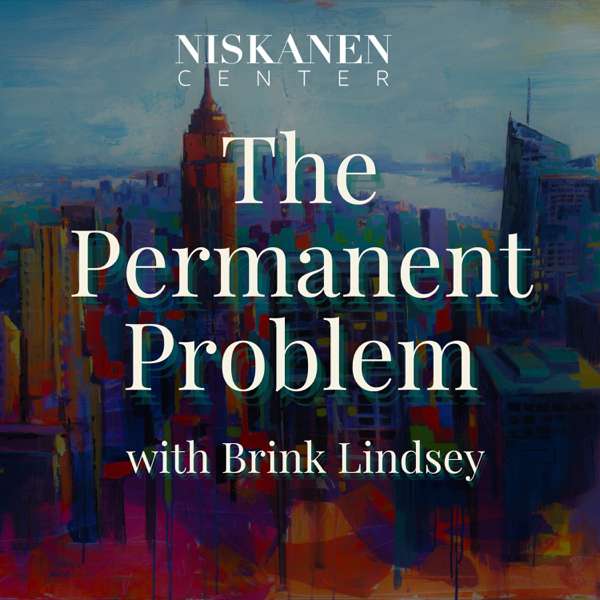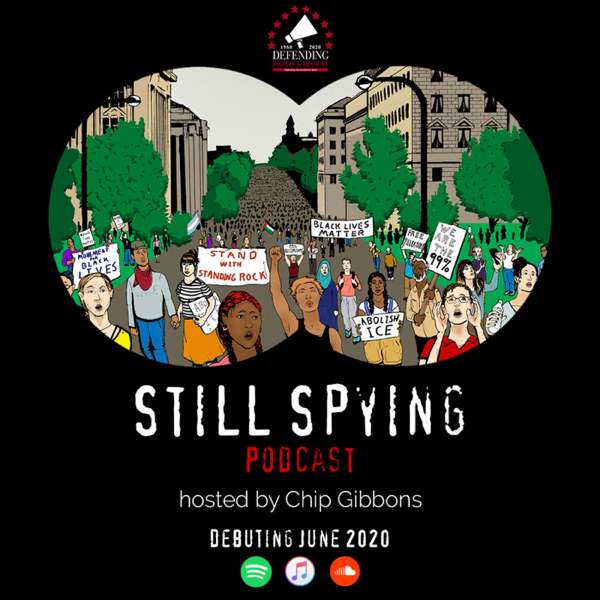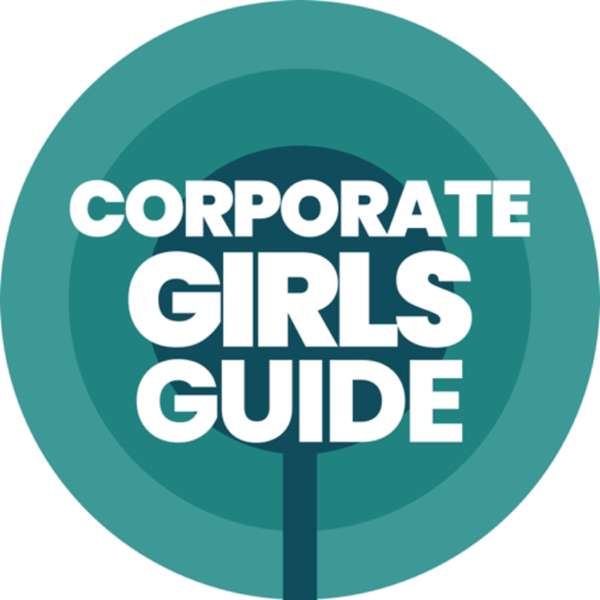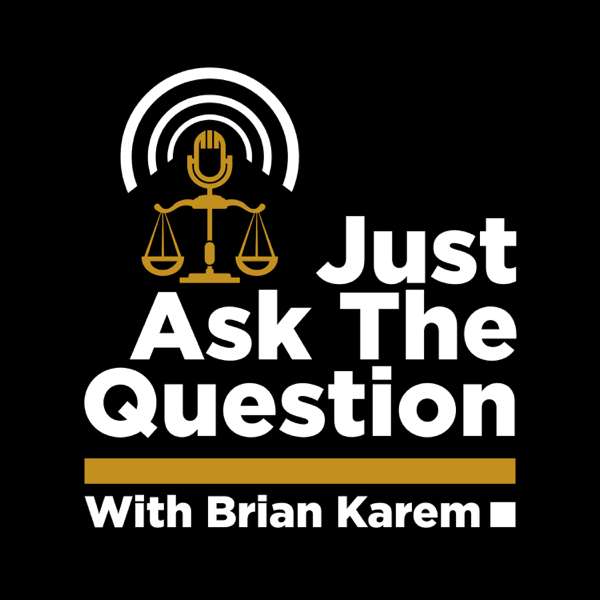In recent days, Robert F. Kennedy Jr., as Secretary of Health and Human Services, continues to be at the center of significant policy shifts and ongoing controversy regarding the direction of America’s public health landscape. This week, Kennedy delivered remarks to the World Health Assembly, asserting that the U.S. is holding the World Health Organization accountable and defending the administration’s intent to withdraw from the WHO, a move widely debated by both domestic and international health officials.
Kennedy’s first congressional hearing since his appointment drew pointed questions about recent sweeping changes within federal health agencies. Lawmakers, particularly Democrats, pressed him about reported workforce reductions, the consolidation of departments like the CDC, and canceled grants that could disrupt lifesaving research. Secretary Kennedy denied claims that he had dismissed working scientists or canceled critical research, pointing to the reversal of certain firings at agencies such as the National Institute for Occupational Safety and Health, though tensions linger about the overall impact of his approach. The budget he presented to Congress includes proposed cuts to Medicaid and other public health programs, with the House expected to vote soon.
Amid these budgetary changes, allied sources revealed that Kennedy is set to announce major updates to federal vaccine policy, specifically that HHS will no longer recommend routine COVID-19 vaccinations for children and pregnant women. This anticipated reversal marks a dramatic departure from prior CDC guidance and has prompted strong reactions from medical and public health communities, concerned about rising vulnerability to preventable diseases.
Outside the policy sphere, Kennedy faces escalating legal and professional challenges. A federal lawsuit led by the State of New York and joined by other states accuses Kennedy of dismantling vital agencies and programs within the Department of Health and Human Services, allegedly in violation of Congressional directives and statutory responsibilities. The suit alleges that termination notices sent to thousands of HHS employees and the abrupt closure of numerous agencies in March and April halted critical operations across the country, leaving the department unable to fulfill its mission.
Medical and public health organizations, including the American Public Health Association, have publicly declared Kennedy’s leadership a threat to the health of the nation. Critics cite his history as an outspoken vaccine skeptic and recent staff reductions at pivotal agencies like the CDC and FDA as evidence of disregard for scientific consensus and public welfare. During confirmation, Kennedy promised to follow the science on vaccines, but his actions and testimony—citing limited, unsupported studies—have drawn criticism for perpetuating misinformation.
Kennedy’s nomination and confirmation as HHS secretary were met with unprecedented opposition from Nobel Laureates, thousands of physicians, and major health groups, all deeply troubled by his vaccine skepticism and unconventional views. Despite this, he was narrowly confirmed in February 2025, speaking to the deep divisions over public health strategy and priorities in the United States.
As Kennedy approaches the 100-day mark in office, his tenure is defined by aggressive restructuring, contentious public stances, and intensifying scrutiny from Congress, state governments, and the broader medical community. The coming weeks will further reveal the consequences of these sweeping changes for America’s health infrastructure and public trust.
This content was created in partnership and with the help of Artificial Intelligence AI

 Our TOPPODCAST Picks
Our TOPPODCAST Picks  Stay Connected
Stay Connected


